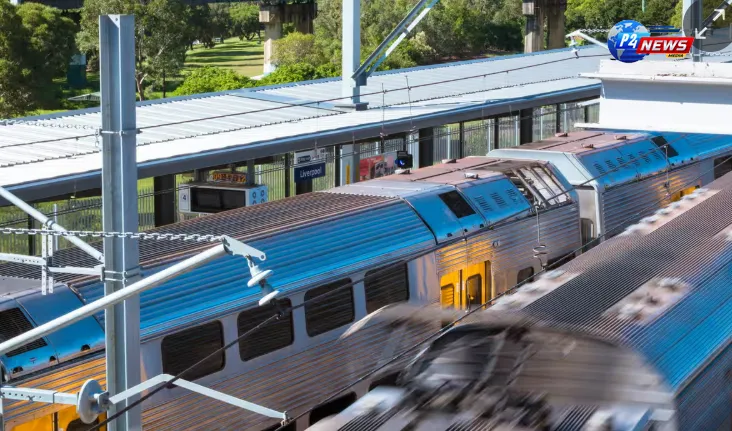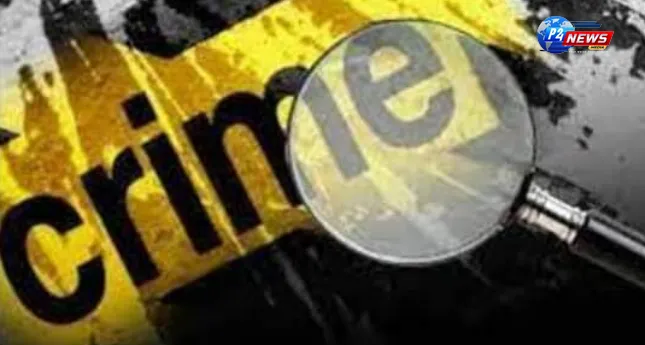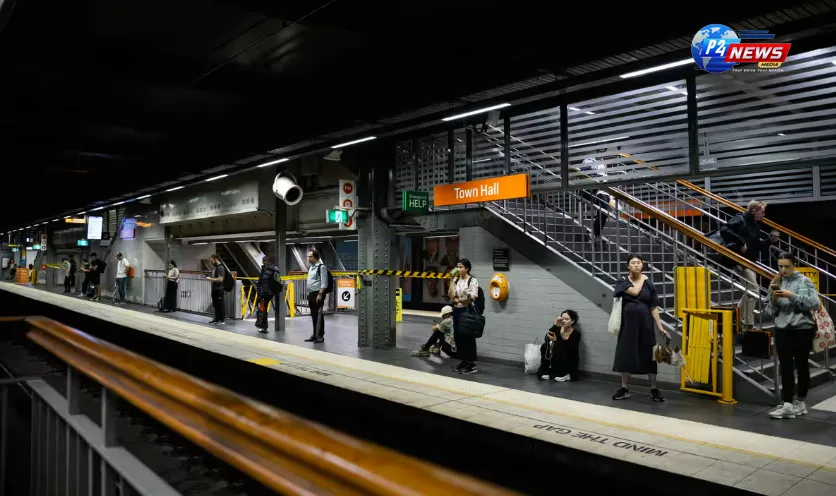Metro services have been enhanced and additional bus routes introduced to assist commuters facing delays of up to two hours on select train lines. This effort aims to alleviate travel disruptions and ensure smoother transportation options for riders.
Sydney's train system is currently facing significant disruptions, characterized by a multitude of cancellations and delays exceeding two hours, as a result of ongoing labor disputes between rail unions and the government. The situation has escalated into a series of work bans and industrial actions initiated by the unions, who are embroiled in contentious pay negotiations.
On Wednesday morning, Transport for New South Wales issued a warning regarding "major service reductions and cancellations" after the rail unions declined an invitation from the agency to perform necessary overnight maintenance at Bondi and Homebush stations. This decision rendered crucial infrastructure inoperative, leading to extensive delays across the network.
According to Matt Longland, CEO of Sydney Trains, the Electrical Trades Union's refusal to carry out nighttime maintenance has played a significant role in the mounting delays. However, the overall disruptions are largely attributed to the actions of multiple rail unions, who are currently locked in negotiations with the government over a new pay agreement.
"Passengers should be prepared for delays, service cancellations, and considerable gaps in service, particularly affecting the T1 North Shore and Western lines, T4 Eastern Suburbs and Illawarra lines, and the T8 Airport and South lines," Transport for NSW warned. "These disruptions will create a ripple effect throughout the entire network."
Reports indicated around 200 service cancellations on Wednesday morning, with many trains operating more than an hour behind schedule. Some trains even experienced delays exceeding 120 minutes. Among the various work bans enforced on Wednesday was a mandate for drivers to operate trains at reduced speeds—specifically 23 km/h slower than the allowed speed in areas where the limit exceeds 80 km/h. This directive was reported by Toby Warnes, the NSW secretary of the Rail, Tram and Bus Union.
The ramifications of these work bans were felt statewide, leading to the cancellation of one of the daily Bathurst Bullet services, which was instead replaced by buses running between Lithgow and Bathurst. In contrast, Metro services, which are not included in the wider rail industrial actions, were intensified to achieve four-minute service frequencies, and extra bus routes were implemented to assist some lines.
State Transport Minister Jo Haylen expressed her apologies to commuters, likening the unions' strategies to "a boa constrictor" that is "strangling our train network."
This latest wave of industrial action coincides with the combined rail unions evaluating a revised pay proposal from the state government. After eight months of negotiations regarding a new pay agreement, and amidst ongoing actions in the Fair Work Commission and federal courts, an offer consisting of a 13% pay increase over four years, along with a 1% efficiency boost and a 1% superannuation rise, was announced by Haylen. This proposal effectively amounts to a 15% total increase, improving upon the government's initial position of a 9.5% rise over three years, yet it falls significantly short of the rail unions' demand for a 32% increase over the same period.
Haylen indicated that this enhanced offer was made feasible through an agreement to merge the two state bodies that oversee Sydney trains and regional services within the next four years. This merger is expected to lead to productivity improvements and financial efficiencies that could potentially fund the additional 1% rise, including job cuts.
While publicly shared by the government during recent negotiations, the specifics of the merger have sparked mixed reactions among union representatives. Haylen emphasized that the latest proposal is above the current inflation rate, claiming it represents a "real increase to take-home pay for rail workers." Rail unions are slated to review the offer by Thursday.
However, Warnes expressed skepticism about the proposal, citing concerns over the limited savings generated by the government, which he attributed to potential job losses. "We're a bit disheartened that the government only found 1% in savings, derived solely from job cuts," he remarked, indicating that the 13% increase over four years may not be sufficient to meet the needs of the workers.
The past several months have seen a series of incremental industrial actions ripple across Sydney's train system, including threats of extensive work bans throughout the network. Although initial plans to reduce services on New Year's Eve were abandoned, it remains uncertain how the situation will evolve as the Fair Work Commission is not scheduled to address the core issues—pay and conditions—until February.
















Comments 0